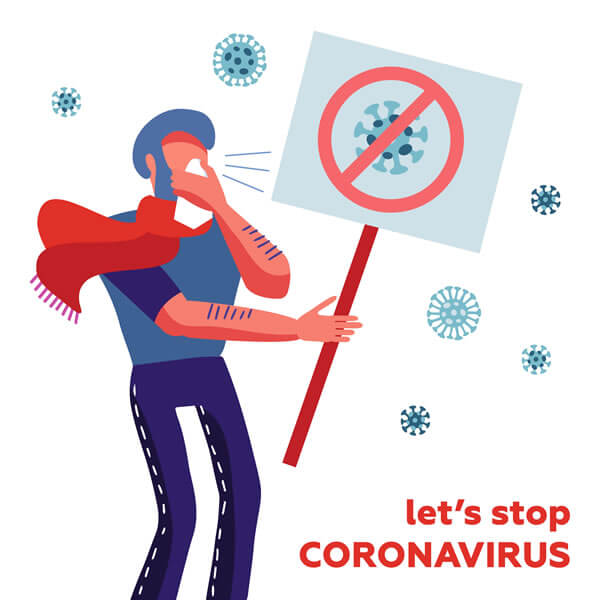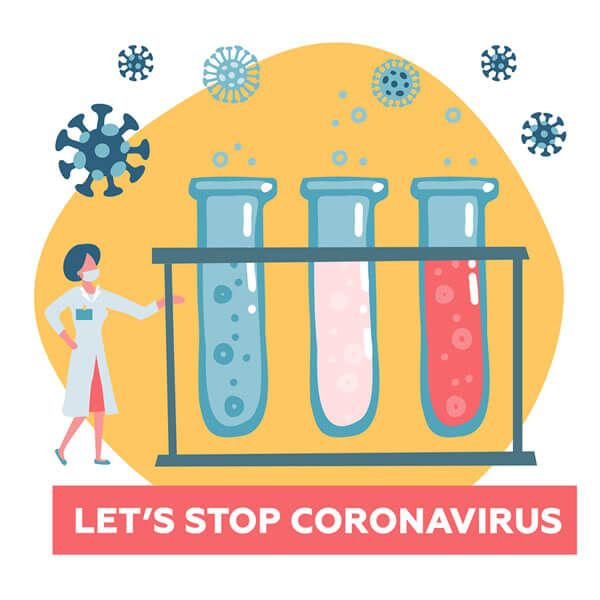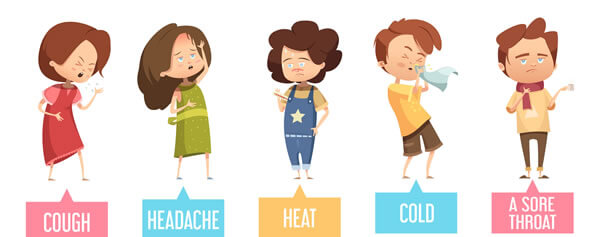 Older children and teens are starting to talk about the coronavirus crisis. Some thoughts on how parents can address their children’s anxiety.
Older children and teens are starting to talk about the coronavirus crisis. Some thoughts on how parents can address their children’s anxiety.
This week, the World Health Organization declared the coronavirus outbreak a global health emergency. Reported cases of human-to-human transmission of the virus have occurred now in the U.S., Thailand and France. The death toll in China has passed 300 from the outbreak thus far, with more than 14,000 infections confirmed, and several countries are now reporting active cases. Planes leaving China are being evacuated and people are being quarantined, and the State Department advises that all Americans in China should leave the country and also advises against all travel to China.
I didn’t learn of these things from CNN or Fox News, but rather from several of the older children and teenagers I see in therapy as a psychologist. More specifically, the close proximity of Dulles airport to my office in Northern Virginia has also served to increase anxiety for children, teens and parents. “United Airlines just cancelled all flights to China out of Dulles,” a teen shared with me earlier this week. And, a mother of one of my older child patient’s stated, “It’s bound to spread and infect people here since Dulles is an international airport with travelers coming in from all over the world.”
As I have told my patients and the parents I see who have discussed the topic with me, viruses are spread through coughs, sneezes, bodily fluids, and when an individual with the virus is seriously ill. While it is not fully clear yet how easily the coronavirus can spread, and while the virus is considered it to be a serious public health problem, the CDC also considers the risk to be low at present. The 2018-2019 flu season, which reportedly took the lives of 61,200 people in the U.S., is certainly a more immediate national health problem then the coronavirus at present (the CDC estimate for the 2017-2018 flu season was considerably higher with 79,400 deaths). The CDC, and other health agencies, will very likely continue to fine-tune their response and shared information regarding the coronavirus as we learn more – which only heightens our conflict, and in turn, our worry and anxiety. For example, the first reported coronavirus death outside of China just occurred today in the Philippines.
While anxiety is not helpful, it can get the best of us at times, especially as parents since our children are so important to us. In response to some of the statements concerning the coronavirus made by some of my older child and teen patients and parents this past week, I offer the following 4 recommendations on the topic.
- Check your anxiety level before talking to your children and know the facts. Children can be very perceptive to how their parents are feeling, so make sure you are calm, reassuring and confident if and when you choose to discuss the topic with yours. Also, be clear with your information and keep it simple. While there are certainly still unknowns pertaining to the coronavirus, there are clear guidelines on how the virus is contracted and what precautions can be taken to safeguard against contracting it.
- Consider your audience when determining what you share or do not share on the topic with your children. Regardless of the concerning or upsetting information we receive as adults (and parents) via the media, we must always be mindful of what our children are capable of handling before discussing things. Thus, your child’s age, maturity level, and threshold for worry/anxiety are all things to consider before discussing the coronavirus. Just as you would not discuss natural disasters, terrorist attacks or school shootings, in the same way with 4, 8, or 16 year old children due to developmental differences, you would not do the same for the topic of the coronavirus with your children of varying age.
- Minimize your children’s exposure to the media. Turn off the news around your children! News agencies have been on fire with the coronavirus story since it began. And while the coronavirus is a newsworthy story, such wide spread exposure can cause increased anxiety for our children.
- Help your children get control over the things they can control.This is an excellent time to teach and/or review the importance of good hygiene with your children to avoid contracting viruses in general. Washing one’s hands frequently, avoiding contact with the bodily fluids of others, covering your mouth and nose when sneezing and coughing will altogether reduce the risk of viral infection and will serve to give your child a sense of control and mastery over what he or she can control.
Remember that your children – even if they are insightful or older — are still children, and they do not possess the same internal resources that you possess as an adult in managing complicated and anxiety producing topics such as the coronavirus. As parents, you can do a lot toward reducing coronavirus anxiety for your children by communicating supportively and age appropriately, by minimizing exposure to the onslaught of upsetting news, and by helping your children to proactively take control over what they can control.


Michael Oberschneider, Psy.D. is a clinical psychologist in private practice. He has been featured on CNN, Good Morning America and several other outlets. He can be reached at 703 723-2999, and is located at 44095 Pipeline Plaza, Suite 240, Ashburn, VA 20147.
